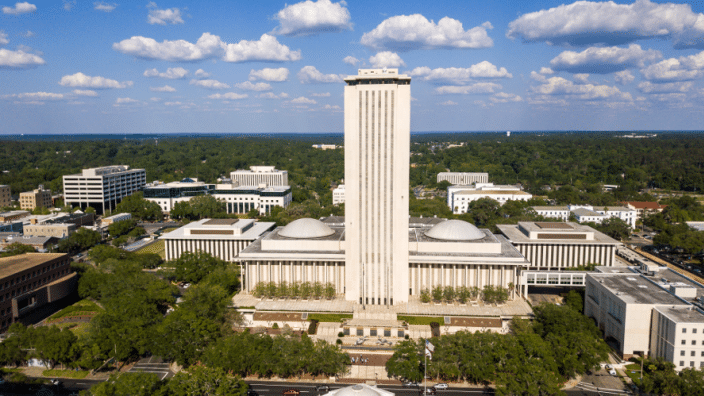
On March 24, 2023, Florida Governor Ron DeSantis signed a new tort reform bill into law (HB 837), effective immediately. The top 6 changes to Florida auto accident negligence and other personal injury laws are as follows:
- Shorter Time to File a Lawsuit: the statute of limitations for filing any negligence action in court is now 2 years from the date the negligence occurred, rather than 4 years. However, the limitations period for uninsured/underinsured motorist lawsuits and other cases against insurance companies is still 5 years because it is for breach of contract.
- No Recovery if More Than 50% Negligent: if a jury decides that the injured person was more than 50% responsible for the incident (whether it was an auto crash, slip and fall or other negligence case), they get ZERO recovery.
- Lower Recovery of Medical Bills: the new law greatly reduces the amount of past and future medical damages that an injured person can recover. Plaintiffs in personal injury lawsuits are now only allowed to present evidence of the amounts that their health insurance covers. If the injured person has no health insurance, the amount of the medical bill is reduced to 120% of Medicare. If there is no applicable Medicare rate for a service, the amount is 170% of the state Medicaid rate. The injured person can also present evidence of “reasonable” amounts billed for medically necessary treatment and services, but it is unclear what is considered “reasonable”; probably for experts or the judge to decide.
- Limited Attorney Fees Against Insurance Companies: attorney fees in insurance lawsuits are now limited to declaratory actions to determine insurance coverage if a claim was wrongfully denied. The only other way to get attorney fees is through a proposal for settlement if the insured person wins 25% more than the claim. Claimants would have to file a PFS for 25% less than their claim, hope the insurance company doesn’t pay it, and then win 25% more at trial to recover fees.
- Bad Faith Claims Limited: the new law gives greater protection for insurance companies that do not settle claims in good faith. Insurers are immune from bad faith lawsuits if they tender the lesser of policy limits or the amount demanded within 90 days of receiving actual notice of the claim.
- Premises Liability Cases Weakened: Criminal acts of third parties must be taken into consideration by the jury. Additionally, there is a presumption against liability if the incident happened on a multifamily residential property; requires minimal security.
This legislation was fast-tracked through the Florida House and Senate and signed into law right away by the governor. Although the statute took effect immediately upon signing, it is not retroactive, meaning it does not apply to any lawsuits that were filed before it was signed. Our firm worked hard to file suit in all of our cases before the law took effect to protect our clients’ interests.
A direct consequence of the new law is that it created a massive backlog in courts throughout Florida. Nearly 100,000 new personal injury lawsuits were filed between March 13 and March 24. The courts were already far behind from the Covid-19 pandemic, when all civil jury trials were suspended for over a year. Even before the COVID-19 pandemic, court employees and clerks were struggling because the Florida legislature has slashed court budgets in the state by $74 Million since 2009, forcing layoffs, shorter hours and furloughs.
Now some circuit courts like the 13th Judicial Circuit in Hillsborough County, Florida have imposed an automatic 1-1.5 year stay on all new personal injury cases filed in the 2 weeks before the bill was signed.
Jovita Wysocka Ahava is an attorney focused primarily on auto accidents, premises cases, defective consumer products, medical malpractice, and nursing home negligence. Jovita is a partner at Ahava Law Group and is licensed to practice law in Florida, Massachusetts and New York. She is fluent in Polish.








